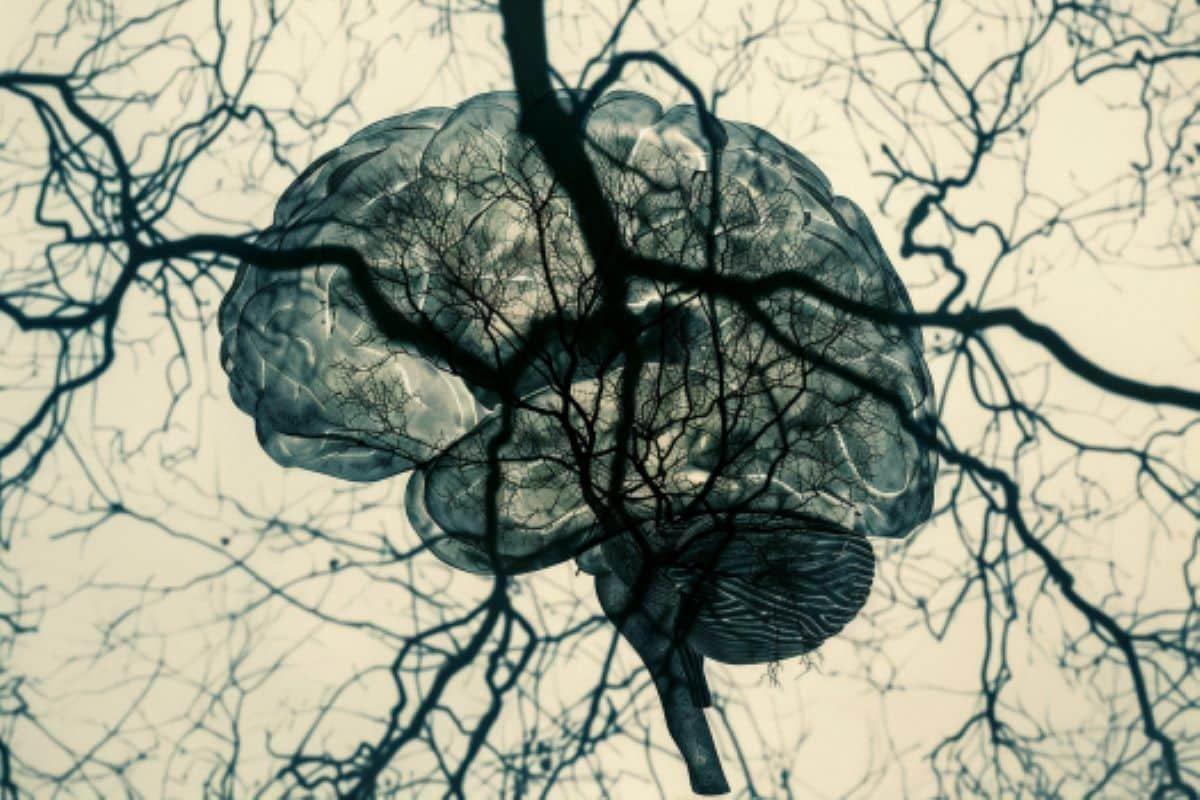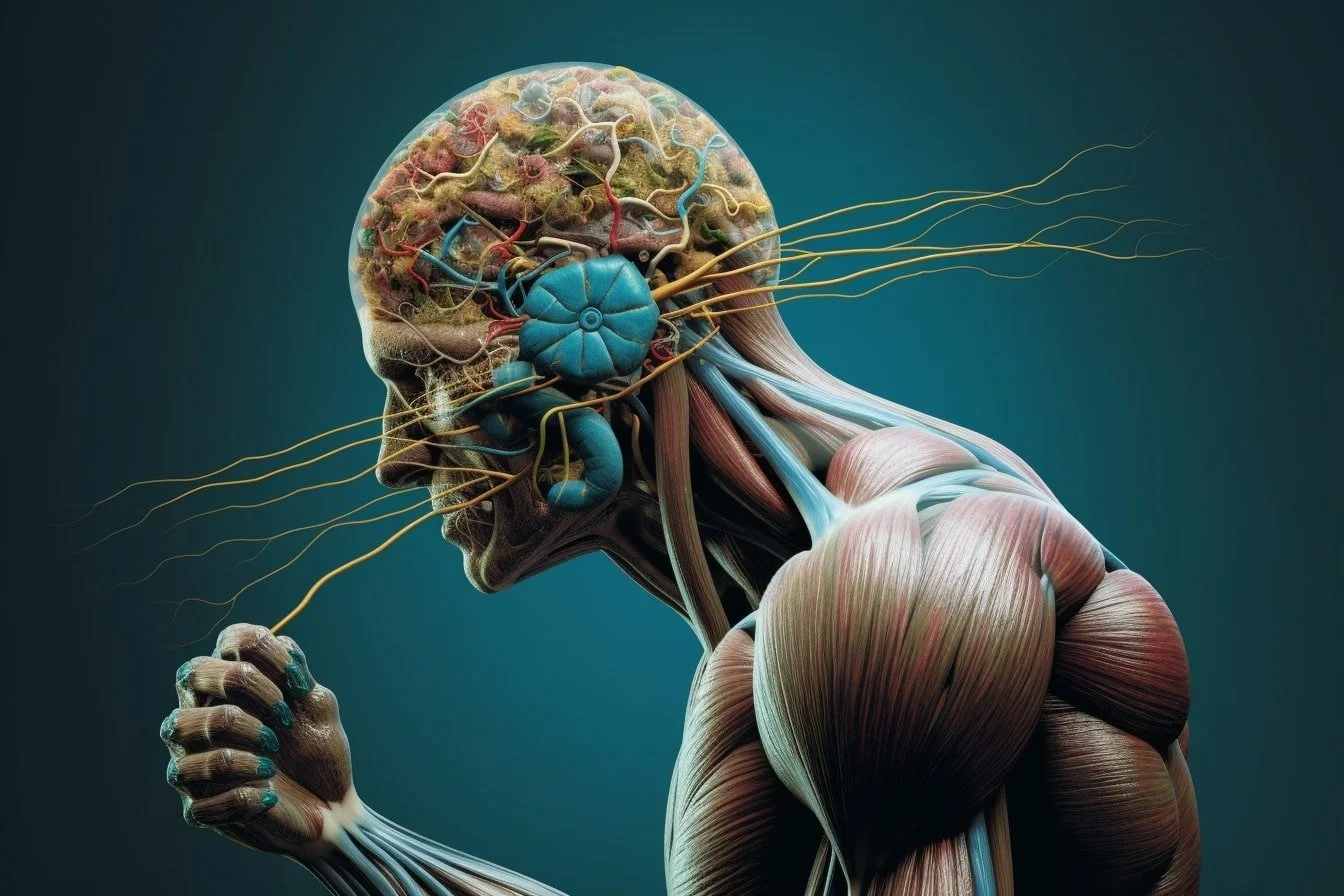A recent study published in iScience by researchers from the Okinawa Institute of Science and Technology (OIST) and their collaborators has uncovered a vital mechanism that may explain memory loss observed in conditions such as stroke. The research focuses on the brain’s response to temporary oxygen deprivation, known as anoxia-induced long-term potentiation (aLTP).
Anoxia-Induced Long-Term Potentiation (aLTP)
When the brain is deprived of oxygen, neurons release excessive amounts of the neurotransmitter glutamate. This surge in glutamate triggers the production of nitric oxide (NO) in both neurons and brain blood vessels. The study reveals that NO further increases glutamate release from neurons, creating a self-sustaining glutamate-NO-glutamate feedback loop.
“We wanted to know how oxygen depletion affects the brain and how these changes occur,” explained Dr. Han-Ying Wang, the lead author of the study. “It’s been known that nitric oxide is involved in releasing glutamate in the brain when there is a shortage of oxygen, but the mechanism was unclear.”
Hijacking Memory Processes
The cellular mechanisms that support aLTP overlap with those involved in memory strengthening and learning, known as long-term potentiation (LTP). The presence of aLTP can hijack the molecular activities required for LTP, potentially obstructing memory formation. Prof. Tomoyuki Takahashi, leader of the former Cellular and Molecular Synaptic Function Unit at OIST, noted, “Long-term maintenance of aLTP requires continuous synthesis of nitric oxide. NO synthesis is self-sustaining, supported by the NO-glutamate loop, but blocking molecular steps for NO synthesis or those that trigger glutamate release eventually disrupt the loop and stop aLTP.”
Implications for Stroke and Memory Loss
During a stroke, when the brain is deprived of oxygen, amnesia—or the loss of recent memories—can be a symptom. The researchers suggest that the persistent presence of aLTP could hinder the brain’s memory strengthening processes, potentially explaining the memory loss observed in stroke patients.
“If we can work out what’s going wrong in those neurons when they have no oxygen, it may point in the direction of how to treat stroke patients,” said Dr. Patrick Stoney, a scientist in OIST’s Sensory and Behavioral Neuroscience Unit.
Prof. Takahashi emphasized the importance of understanding the positive feedback loop between glutamate and NO during temporary oxygen deprivation in the brain. This finding explains the long-lasting nature of aLTP and may offer a solution for memory loss caused by a lack of oxygen.
Future Therapeutic Interventions
This groundbreaking research not only sheds light on the brain’s response to oxygen deprivation but also opens new avenues for potential therapeutic interventions. By targeting the mechanisms of aLTP and the glutamate-NO feedback loop, it may be possible to develop treatments that address memory loss associated with conditions like stroke.
The study represents a significant step forward in understanding and potentially mitigating the cognitive impacts of oxygen deprivation on the brain.



